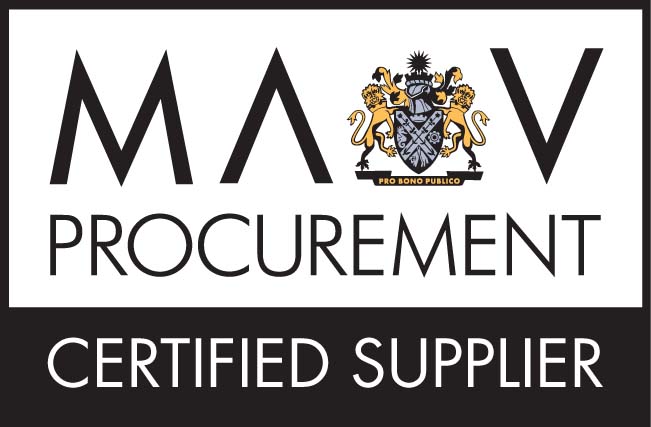As countries around the world battle with Sars-cov-2, the novel coronavirus, different strategies have been tried and tested. Most countries have had no experience with dealing with such a contagious virus and there have certainly been quite a few mistakes. Those countries that experienced the SARS epidemic in 2003 reacted quickly using a combination of closing external borders, quarantining, physical distancing, testing, contact tracing, and face masks. This was so successful that in Vietnam, right on China’s doorstep, where the disease first originated, there have been no deaths and the number of cases has been less than 300. Taiwan and Hong Kong, close to China, have also done well, with few deaths and the virus more or less contained. At the other end of the scale, are countries like the U.S. and the U.K. The disease was ignored for too long, and measures that other countries put in place were too little too late. At the time of writing, there have been over 80,000 deaths from Covoid-19 in the U.S. and 30,000 in the U.K.
One of the more controversial strategies used in fighting Covid-19 is the use of face masks. In some countries (Singapore, for instance) you can be fined for not wearing a face mask in public. Donald Trump, on the other hand, didn’t think it was important to wear a face mask himself when visiting a face mask factory. So, what’s the truth about their effectiveness?
Not every face mask is the same
Sars-cov-2, the official name for the virus that causes the disease Covid-19, is so small that it can easily pass through the pores in most easily available masks. The cheaper masks are called surgical masks. In a hospital, they may be worn by medical personnel to protect staff and their patients from infection, but are not used when there is a danger of transmission from a highly contagious virus like the coronavirus. When medical staff or carers in a nursing home are issued with personal protective equipment (PPE), they are issued with a better mask, called an N95 mask. This helps to prevent airborne viruses from infecting staff.
N95 masks are generally not available to the public, partly because in many countries they are in short supply and whatever numbers of them that can be procured are always, as a priority, directed to hospitals and other places where they are needed.
Can ordinary surgical masks effectively prevent the transmission of a virus-like Sars-cov-2? The answer seems to be a qualified “yes.” Coronaviruses like Sars-cov-2 are transmitted from person to person on airborne droplets. Most of these are ejected from an infected person when that person coughs or more rarely sneezes. Research has also shown that ‘micro-droplets’ can also transmit viruses for several meters, even when someone who is infected talks. The consensus is that an infected person who wears a surgical mask, i.e. the one type that is easier to purchase, is less likely to transmit the virus to others around them. This is because the mask stops a lot, if not all, droplets that might carry the virus.
The jury is out, however, on whether wearing a surgical mask, or even a homemade mask of any material does any good. It may protect others if you are infected but may not help you from being infected if someone else breathes, coughs, or sneezes in your presence.
Wear a mask, but take care with the way you use it
The best advice seems to be to use a face mask if you are going anywhere that could be crowded, like public transport or a supermarket. Be careful about handling the mask, especially the outside of it. Avoid touching the mask, then your face. Use a fresh mask each time you go out, or wash the cover thoroughly with hot water and soap. If you don’t feel well or have any flu-like symptoms, get yourself tested for Covid-19, stay at home, and if you really do need to go out, wear a mask.


















